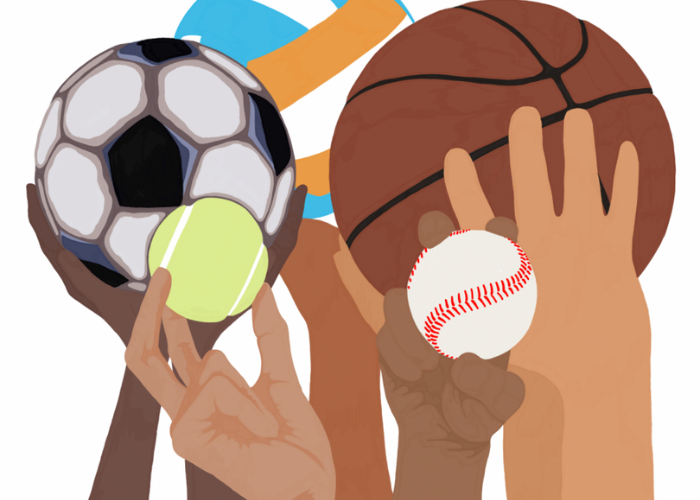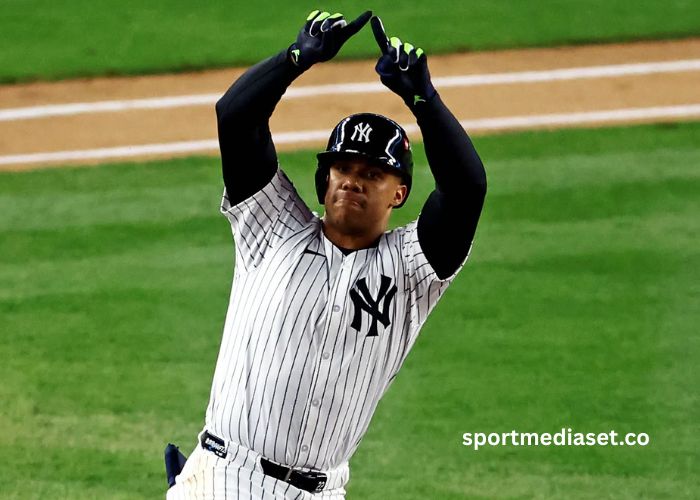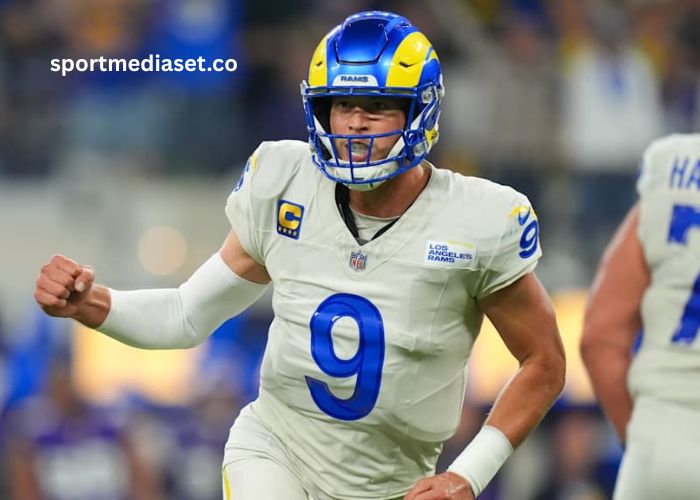Sports have been a part of human culture for thousands of years, and as such, have played an important role in shaping societies and advancing various political, economic, and social movements. From the ancient Olympic Games to today’s professional sports leagues, sports have served as a powerful tool for engaging with cultures, communities, and nations. This blog will explore the myriad of ways in which sports have affected the political, economic, and social landscape, as well as the role of media in sports, the impact of sports on gender issues, and more.
The Politics of Sports
Sports have long been used as a tool for advancing political agendas. Sporting events have been used as a venue to bring people together, to promote national pride and patriotism, and to create a sense of unity among people from different backgrounds. The Olympic Games have been a prime example of this, with its long history of being used as a platform for political messages and demonstrations. From the boycotts of the 1980 and 1984 Summer Olympics to the famous “black power” salute of Tommie Smith and John Carlos at the 1968 Summer Olympics, the sport has been used as a tool for political expression.
Sports have also been used as a means of fostering international relations. The World Cup, for example, is one of the most well-known sporting events in the world, and it has served as a way for countries to come together and celebrate their collective culture. In addition to this, sports have also been used as a form of diplomacy, with countries reaching agreements and forming alliances through the exchange of teams and players.
Economic Effects of Sports
Sports have had a significant impact on the global economy. Professional sports leagues, in particular, have created a multi-billion dollar industry, with teams and athletes commanding sky-high salaries and sponsorships. Professional sports teams have also been used as a tool for economic development, with cities investing in new stadiums and arenas in order to attract teams and fans. In addition to this, sports have also been used to create employment opportunities, with the construction of stadiums and arenas creating jobs for local workers.
Sports have also had an impact on tourism, with cities hosting major sporting events attracting millions of visitors each year. This has had a positive effect on local economies, as visitors typically spend money on hotels, restaurants, and other services. In addition, sports have been used to attract foreign investment, with countries looking to capitalize on the popularity of sports to draw in investors and businesses.
Sports and Social Movements
Sports have also been used as a platform for social change. The civil rights movement, for example, saw athletes such as Tommie Smith and John Carlos use the Olympic Games to make a statement about race and inequality. The women’s rights movement has seen athletes such as Billie Jean King and Ronda Rousey use their platforms to speak out against gender discrimination and inequality. In addition to this, sports have also been used to draw attention to social issues such as poverty, LGBT rights, and environmental issues.
Sports as a Tool for Cultural Engagement
Sports can also be used as a tool for cultural engagement. This can be seen in countries such as India and China, where sports have become a way for people to connect with each other and celebrate their shared culture and heritage. Sports can also be used to foster cultural understanding and appreciation, with athletes from different countries and cultures coming together to compete and celebrate their cultures. This can be seen in the Olympics, which brings together athletes from all over the world in a spirit of unity and understanding.
The Role of Media in Sports
The media has had a significant impact on the world of sports. From broadcasting live games to creating highlights and analyses, the media has shaped the way in which people consume and interact with sports. In addition, the media has also been used as a platform for discussing social, economic, and political issues related to sports. This has been seen in the coverage of labor disputes, gender inequality, and other issues related to sports.
The Impact of Sports on Gender Issues
Sports have had a major impact on gender issues. Women, in particular, have been at the forefront of the fight for gender equality in sports. From the founding of the Women’s Sports Foundation by Billie Jean King in 1974 to the inclusion of women’s sports in the Olympic Games in 2012, women have used sports as a platform for speaking out against gender discrimination and inequality. In addition, women have also used sports as a way to empower themselves, with female athletes such as Ronda Rousey and Serena Williams becoming role models for young women around the world.
Conclusion
In conclusion, l movements throughout history. From the Olympics to professional sports leagues, sports have been a powerful tool for engaging with cultures, communities, and nations. In addition, sports have been used as a platform for discussing social issues, fostering international relations, and creating employment opportunities. Lastly, sports have had a major impact on gender issues.




